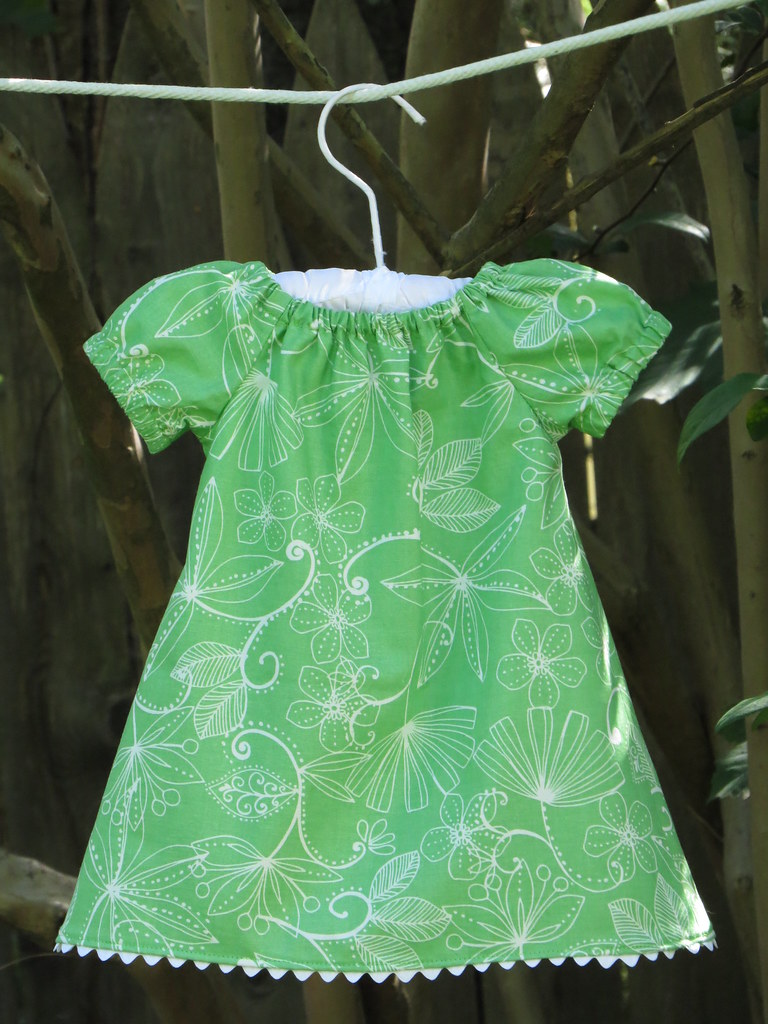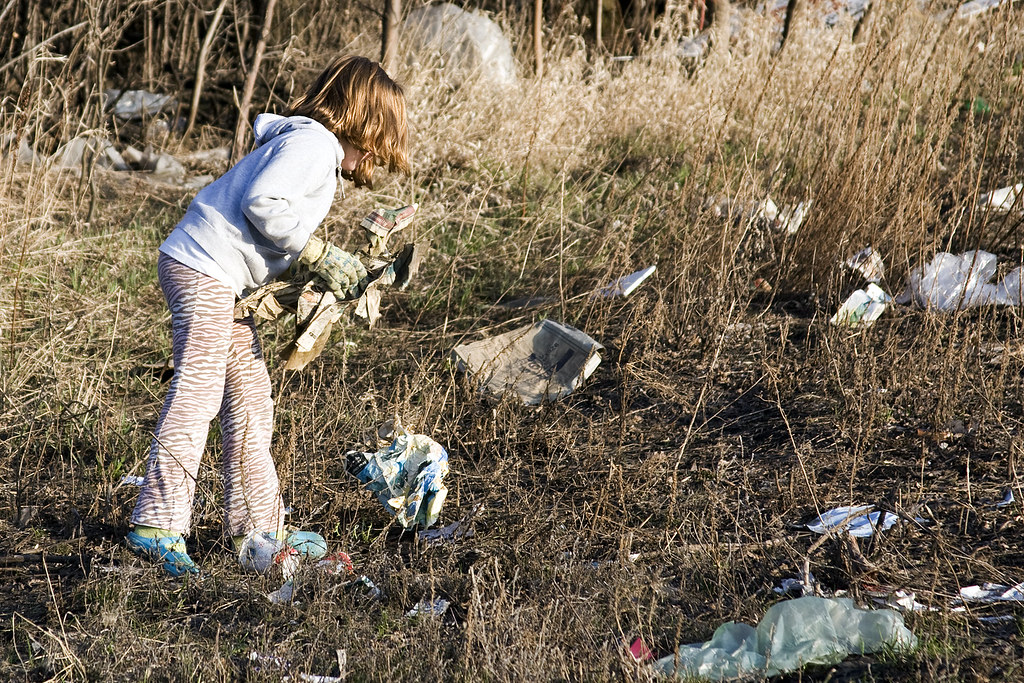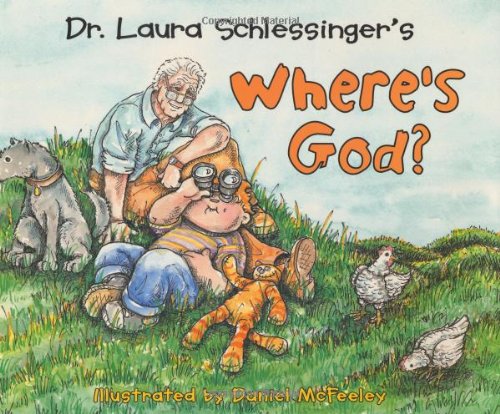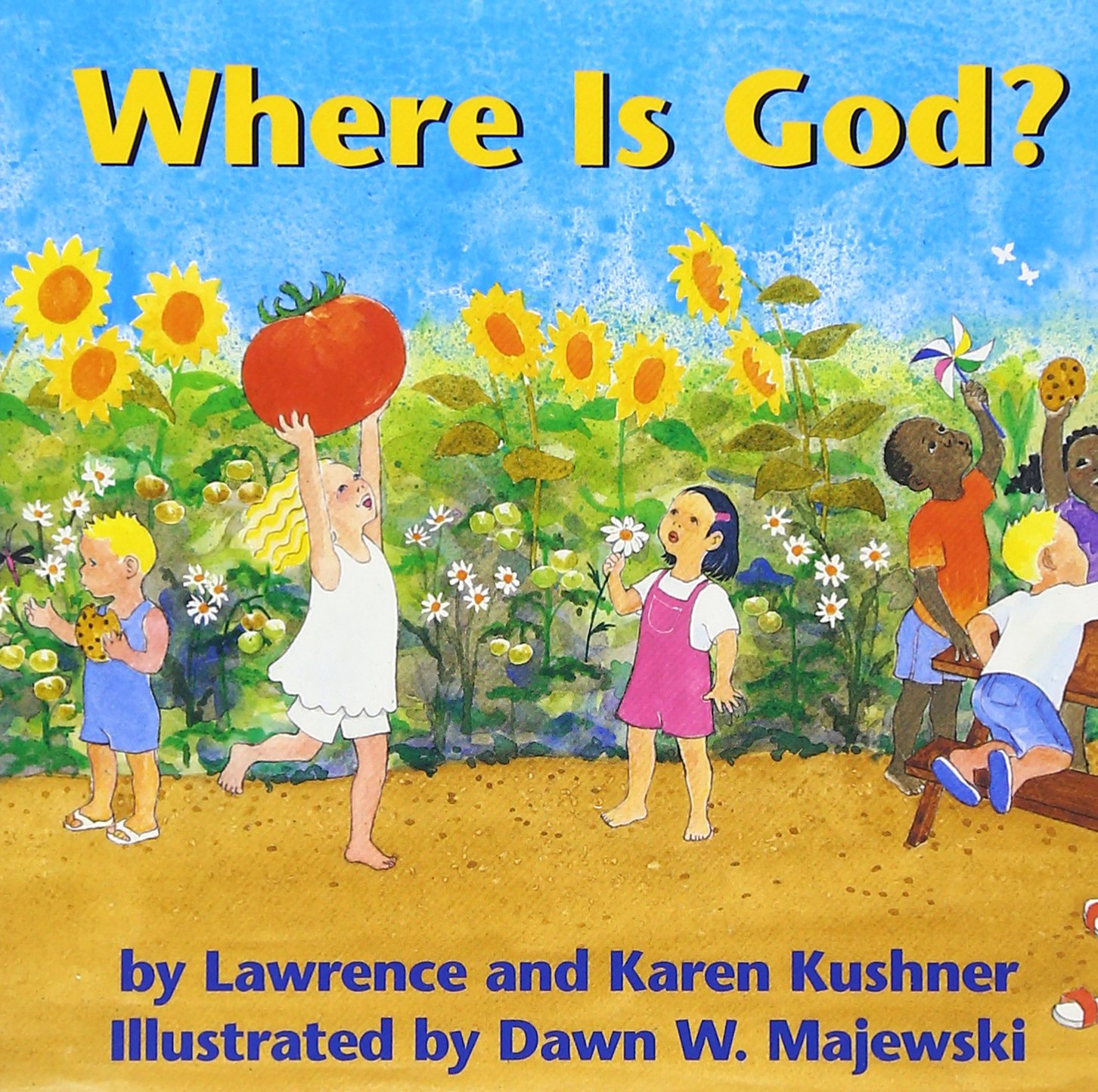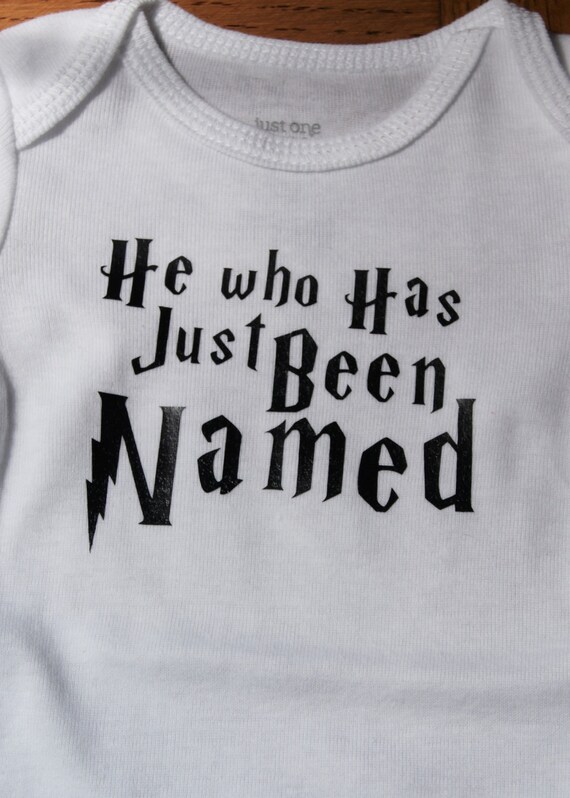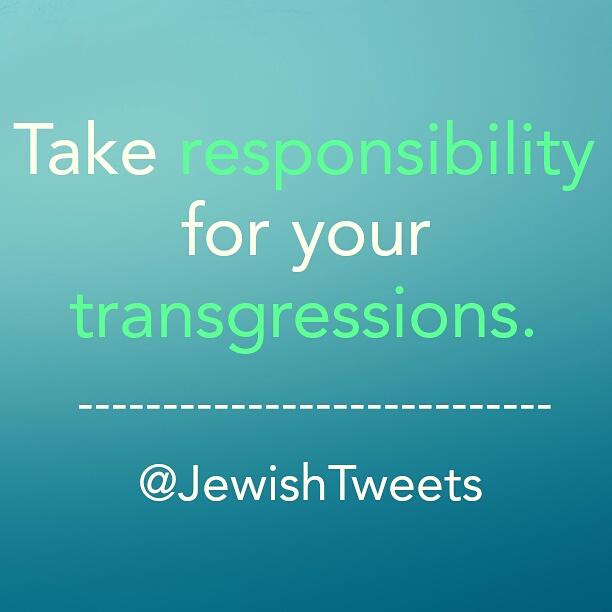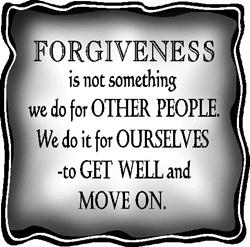by TheeErin
Have you celebrated Rosh Chodesh before?
It's honestly not something that has really been part of my custom or tradition either. Rosh Chodesh means the new month. It's the time of month, every month, when we change from one month to the next. Since we are on a lunar calendar, it's the celebration of the new moon. So we celebrate the time when there isn't any moon at all.
Rosh Chodesh has traditionally been a celebration for women. A chance to give ourselves to reflect, and refrain from doing work. Rashi specifies that we should refrain from the work we did while building the Mishkan. But today, we can choose to refrain from more types of work than just those (since I do so much sewing these days..)
The month of Iyar is a special time for observing Rosh Chodesh in my mind. These days I'm thinking more about my Judaism each day as we recite the days of the Omer (look to your right- find the omer counter- jump in!). It's an everyday reminder for me and my family that we are Jewish.
And as a mom the month of Iyar and the idea of Rosh Chodesh during a new moon are particularly poinent. It's the time when the Jewish people had left Egypt and are wandering the desert. They've taken that leap of faith and are now subsumed with whether they've made the right choice.
You all know the story of the Golden Calf. (Click the link for a refresher- I'll wait)...
We had doubts. Huge, undeniable, and scary doubts. Just like we all do as Mothers.
Everyday I make decisions. Sometimes small (what's for dinner or snack) sometimes large (what school should my kindergartener go to!). Sometimes we won't know the true outcome of these larger decisions for days, months, maybe even years.
We all have to choose a path. And sometimes we have to stick to it. Just like when we potty trained or sleep taught our children. We choose a method, a style, an idea. And we tried to stick to it. They told us that before it got better, sometimes it would get worse. But how do we know if it's just rough going and the other side has glory, or if we've chosen wrongly?
As we transition into Iyar- and the Jewish people wander the desert searching and wondering alone- give yourself time this Rosh Chodesh to breathe. To really silent yourself to listen to your intiution and your gut. Allow yourself to follow those paths that have been working, and take a deep look at the ones you've just sort of wandered down. Are they right for you? For your children? For your family? Trust your gut-then make a decision.
I have faith in you.

